Modi urges BRICS to stand united against terrorism, slams global double standards
Indian Prime Minister Narendra Modi issued a powerful call for unified action against terrorism during the BRICS summit in Brazil, warning that the threat has become the “most serious challenge” facing humanity. His remarks came in the aftermath of a brutal terrorist attack in Kashmir that killed 26 people and reignited tensions between India and Pakistan.
Speaking at the 17th BRICS summit in Rio de Janeiro, Modi underscored the global ramifications of terrorism, urging member nations to adopt a zero-tolerance policy and reject what he called “convenient” and “politically motivated” responses to terror. “Condemning terrorism should be our principle, not just a convenience,” he said. “For personal or political gain, giving silent consent to terrorism – supporting terror or terrorists – should not be acceptable under any circumstances.”
The deadly attack in Pahalgam, a popular tourist region in Indian-administered Kashmir, left 26 civilians dead and dozens injured. It marked one of the deadliest incidents in the region in recent years and triggered immediate military and diplomatic escalations between India and Pakistan. Although no group has claimed responsibility, Indian authorities have squarely pointed the finger at Islamabad, accusing it of facilitating cross-border terrorism.
In his address, Modi called the Pahalgam attack “a direct assault on the soul, identity, and dignity of India.” He also thanked “friendly countries who stood with us, who expressed support and condolences,” in a thinly veiled reference to some nations’ reluctance to outright condemn terrorism emanating from politically sensitive regions.
In a rare show of unity, the BRICS leaders – representing Brazil, Russia, India, China, and South Africa – condemned the Pahalgam attack in their joint summit declaration. The document emphasized a shared commitment to fighting terrorism “in all its forms and manifestations,” including cross-border movement, terror financing, and the existence of safe havens. The declaration rejected “double standards” in addressing terrorism, a phrase often used by India to criticize what it sees as selective outrage or inaction by the international community.
“We urge the adoption of zero tolerance for terrorism,” the statement read, adding that ongoing cooperation among BRICS countries on counter-terrorism is to be welcomed and deepened.
Pakistan, which was not represented at the summit, swiftly denied involvement in the attack. However, a statement by Pakistani Defense Minister Khawaja Asif added a complex layer to the narrative. In an admission that startled observers, Asif said Pakistan had “done the dirty work” for the West by arming and training militants during the Cold War era, particularly on behalf of the United States and the United Kingdom. “It was a mistake,” he said, “and we have suffered for that.”
While Asif stopped short of accepting responsibility for the Pahalgam attack, his remarks were seen by some as an indirect acknowledgment of the deep-rooted issues within Pakistan’s national security strategy, which has historically blurred the line between state and non-state actors.
Beyond terrorism, Modi also used the BRICS platform to renew India’s call for sweeping reforms in global institutions like the United Nations, the World Bank, and the International Monetary Fund. He highlighted the longstanding marginalization of the Global South in international decision-making processes and called for a more equitable distribution of resources and responsibilities.
“The Global South has often faced double standards. Whether it’s about development, the distribution of resources, or security-related matters, the interests of the Global South have not been given due importance,” Modi said. “On topics like climate finance, sustainable development, and technology access, the Global South has often received nothing more than token gestures.”
This theme of systemic inequality echoed throughout the summit, particularly among African and Latin American delegates. Modi’s remarks were backed by South African President Cyril Ramaphosa, who called for “democratizing global governance” and warned that without reform, “multilateral institutions will lose their legitimacy.”
Despite the show of unity on terrorism, fault lines remain within BRICS. China’s historically close ties with Pakistan often place it at odds with India’s security interests. Although Beijing co-signed the declaration condemning terrorism, it stopped short of explicitly naming Pakistan, an omission that some in the Indian delegation viewed with skepticism.
Still, the joint condemnation and commitment to counter-terrorism were viewed as a diplomatic win for India – especially with the announcement that New Delhi will host the next BRICS summit in 2026. Analysts believe India will use the opportunity to further press its agenda of global reform and its campaign against cross-border terrorism.
Modi’s comments in Brazil are part of a broader diplomatic strategy to isolate state-sponsored terrorism and push for global accountability. His remarks reflect growing frustration among many developing countries over what they see as a lack of political will in the West to confront terrorism unless it affects their own territories.
India’s position was further strengthened by the reactions of several international observers and allies, including statements from France, Australia, and Japan condemning the Pahalgam attack and endorsing India’s right to defend its sovereignty.
As the BRICS bloc increasingly positions itself as an alternative to Western-dominated global governance, India’s emphasis on terrorism and equity for the Global South could help reshape international norms – if the group maintains unity amid diverging national interests.
For now, Modi’s Rio speech has not only drawn attention to India’s security concerns but also set the stage for a potentially transformative BRICS summit on Indian soil in 2026. Whether rhetoric will be matched with action, however, remains an open question.
Please follow Blitz on Google News Channel
Sonjib Chandra Das is a Staff Correspondent of Blitz.
modi-urges-brics-to-stand-united-against-terrorism-slams-global-double-standards

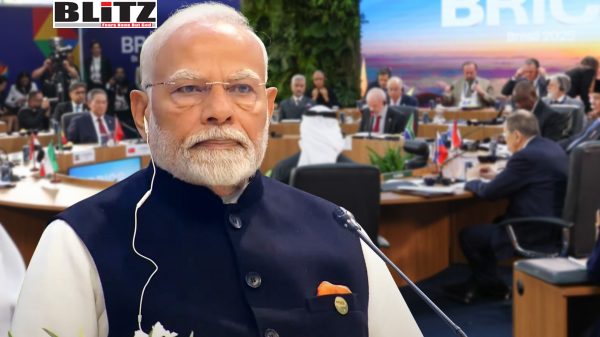

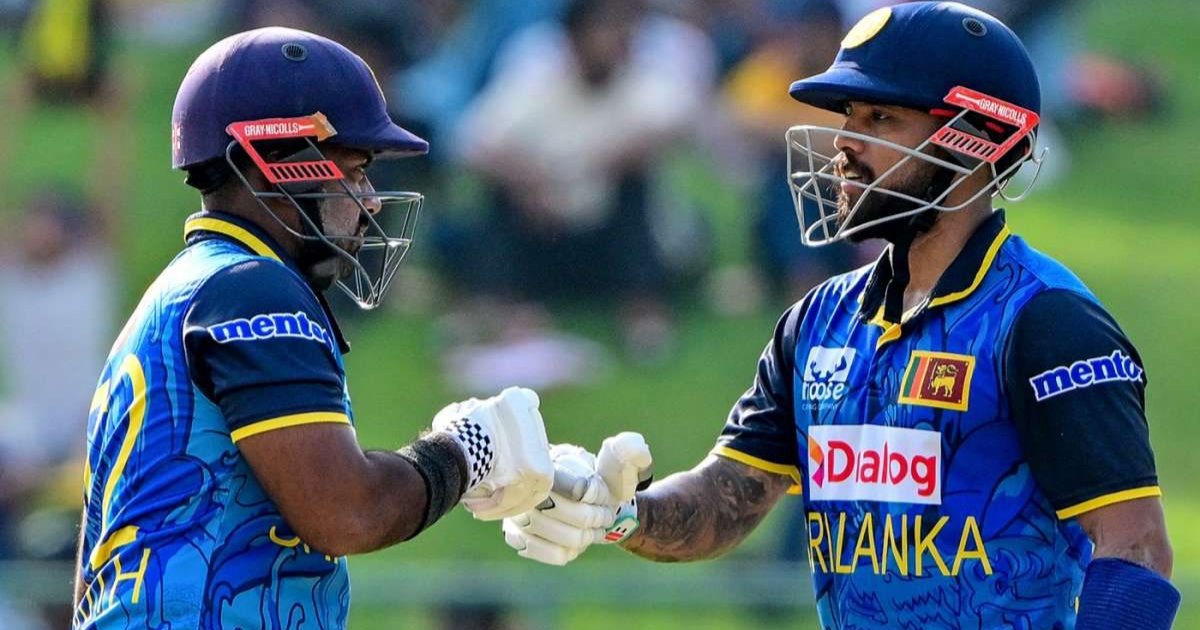
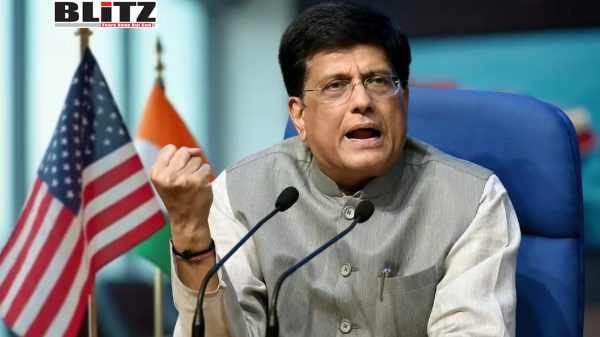
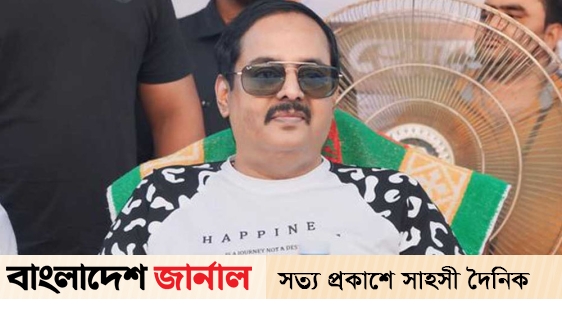
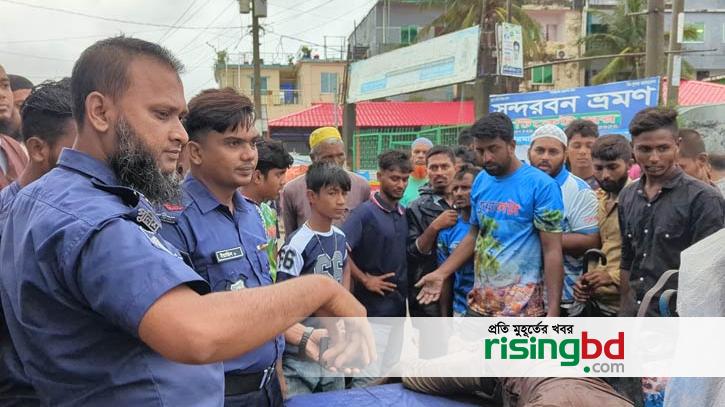
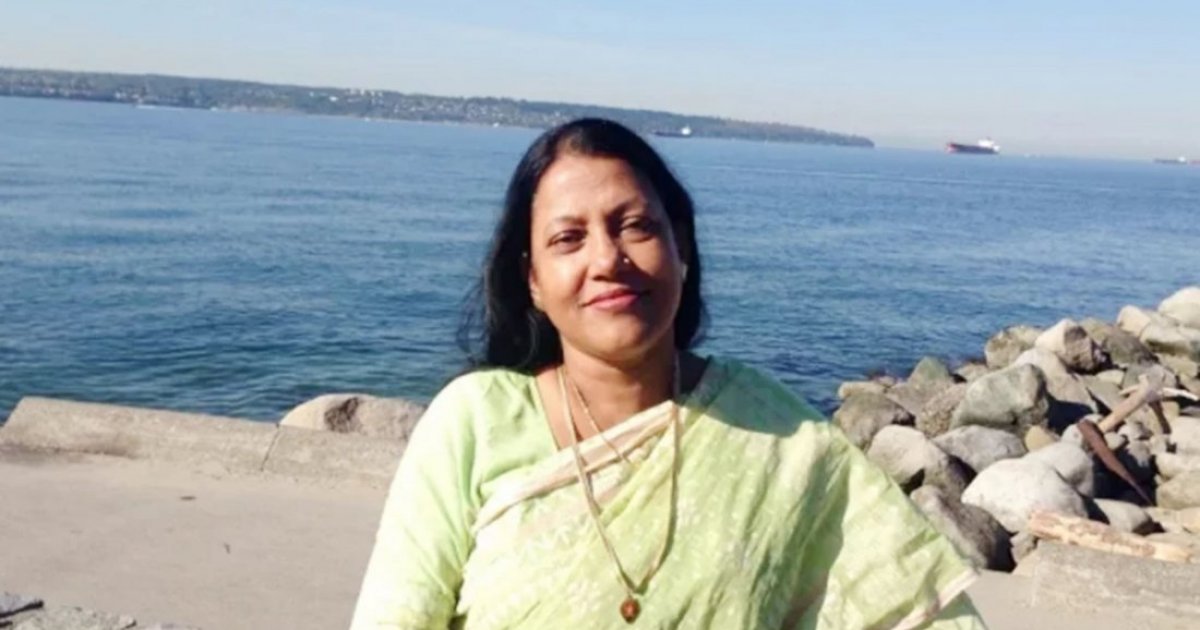
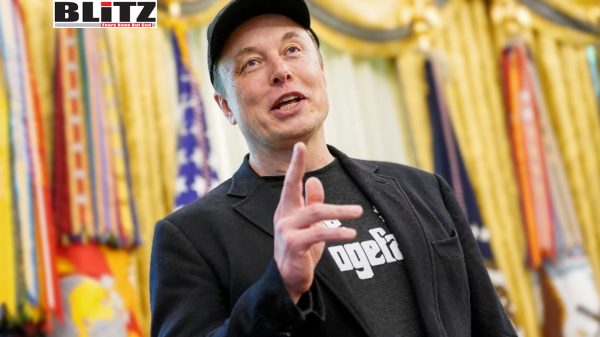
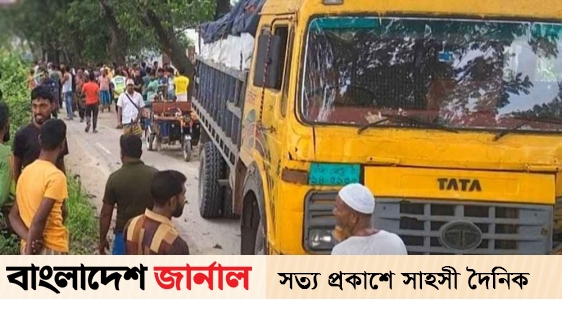
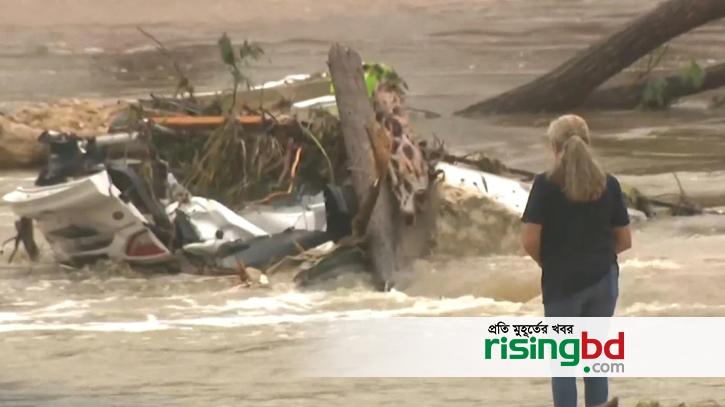
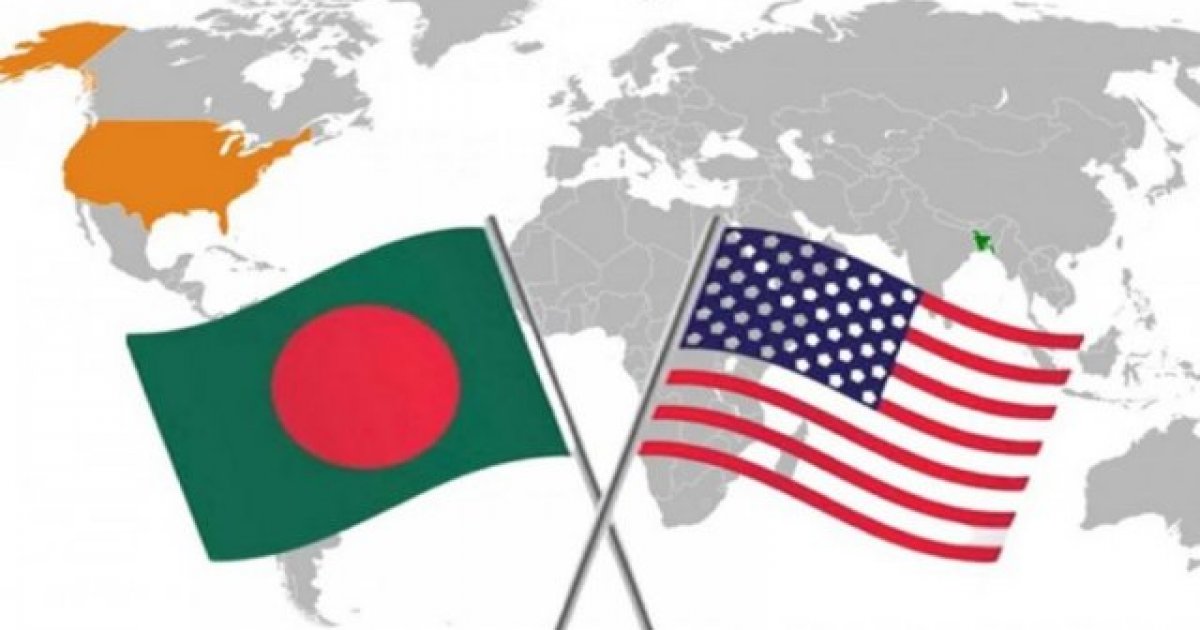
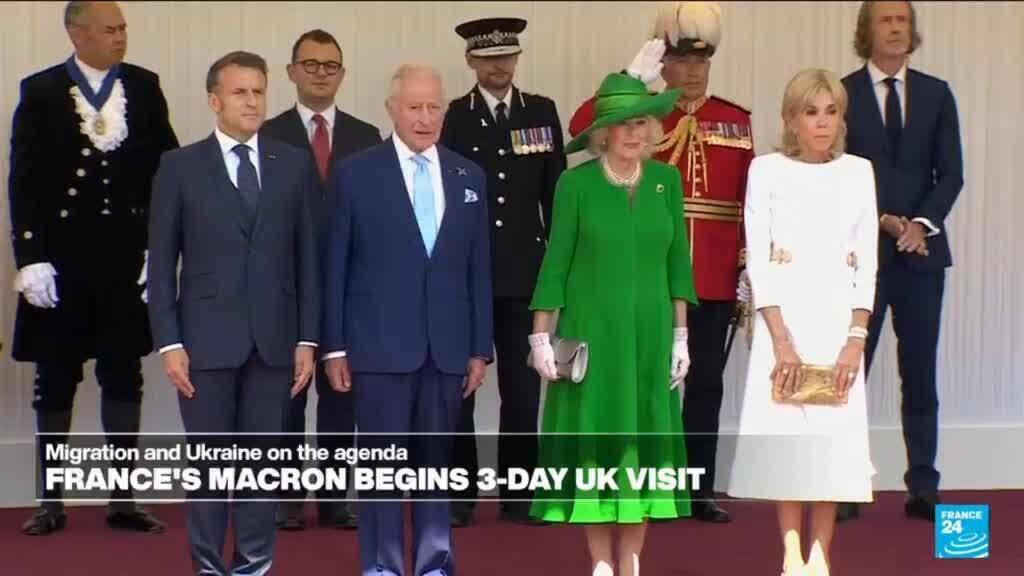

Leave a Reply